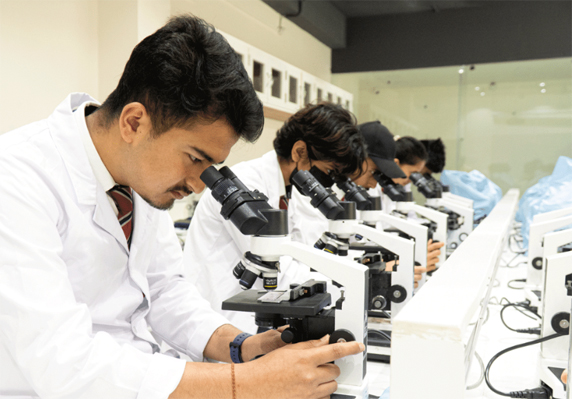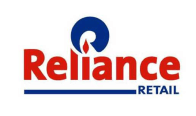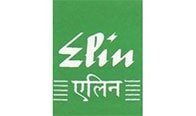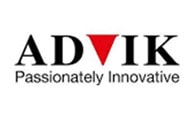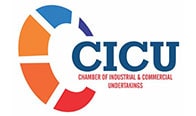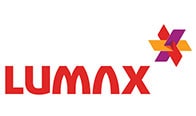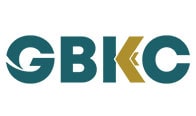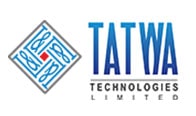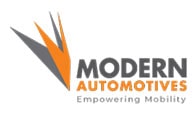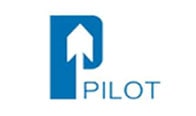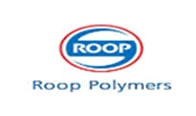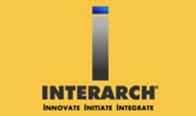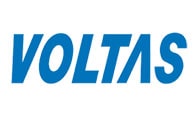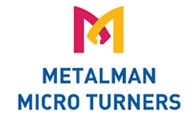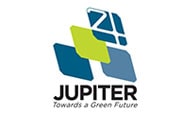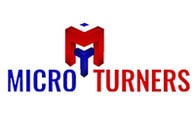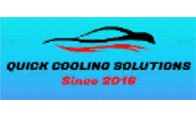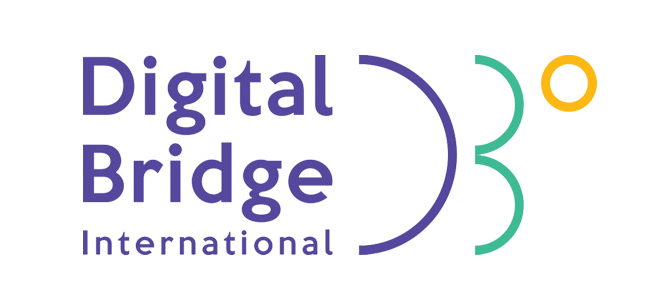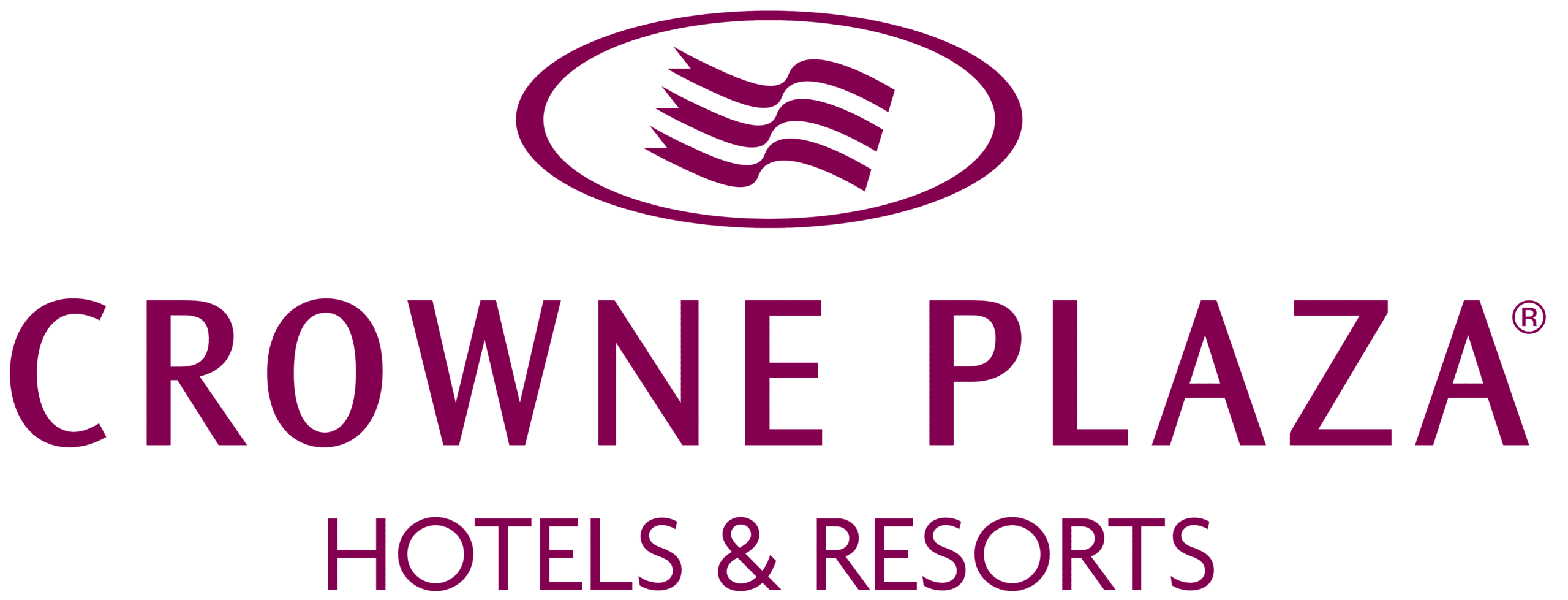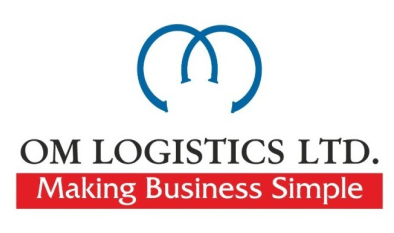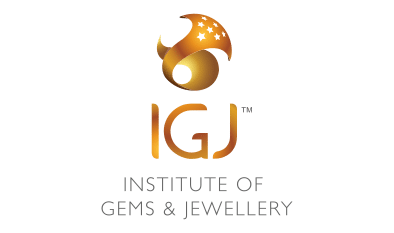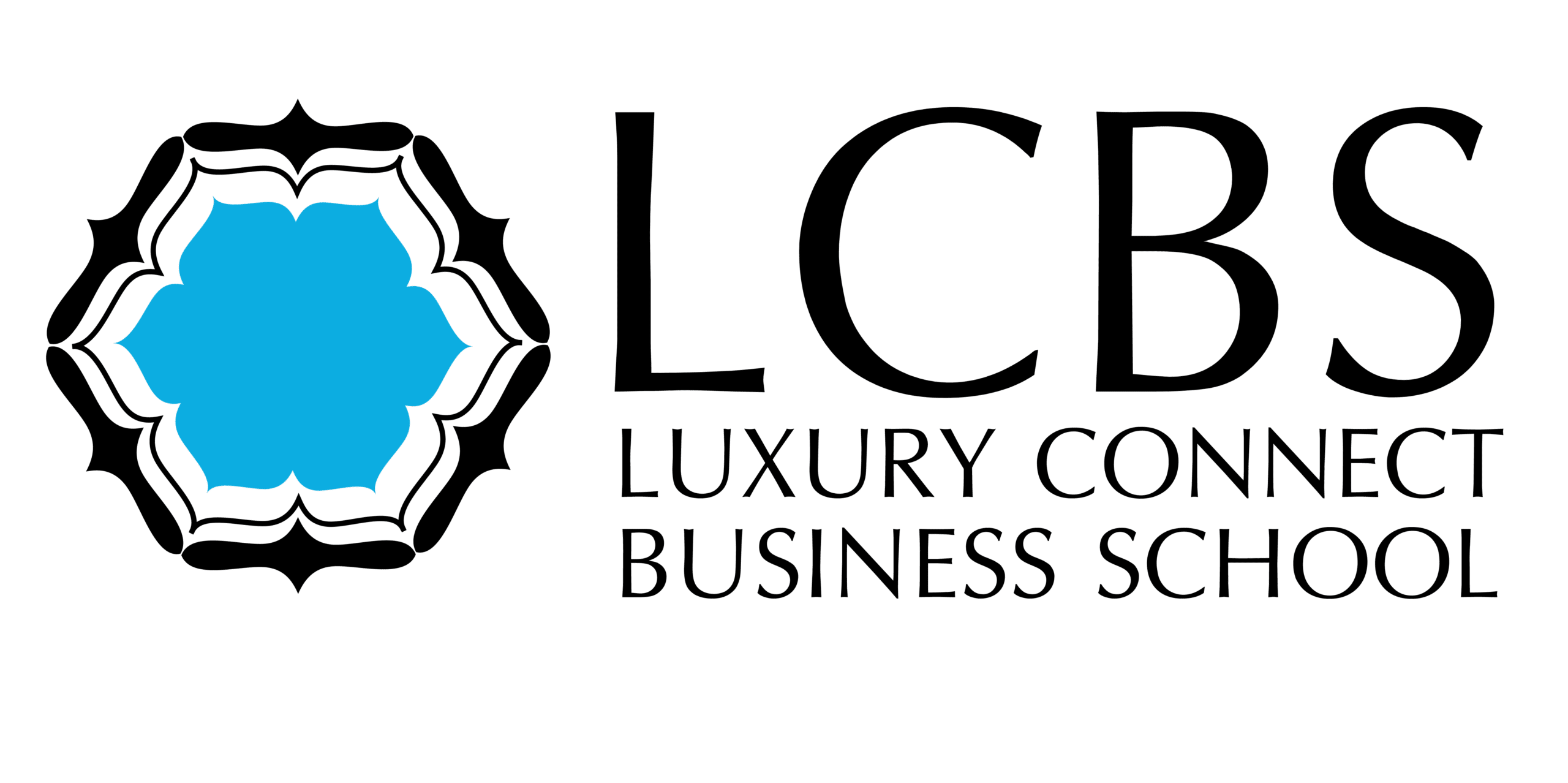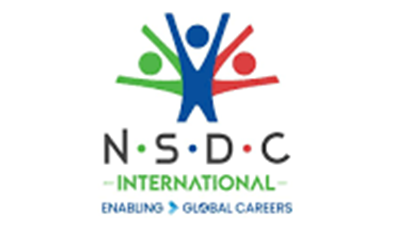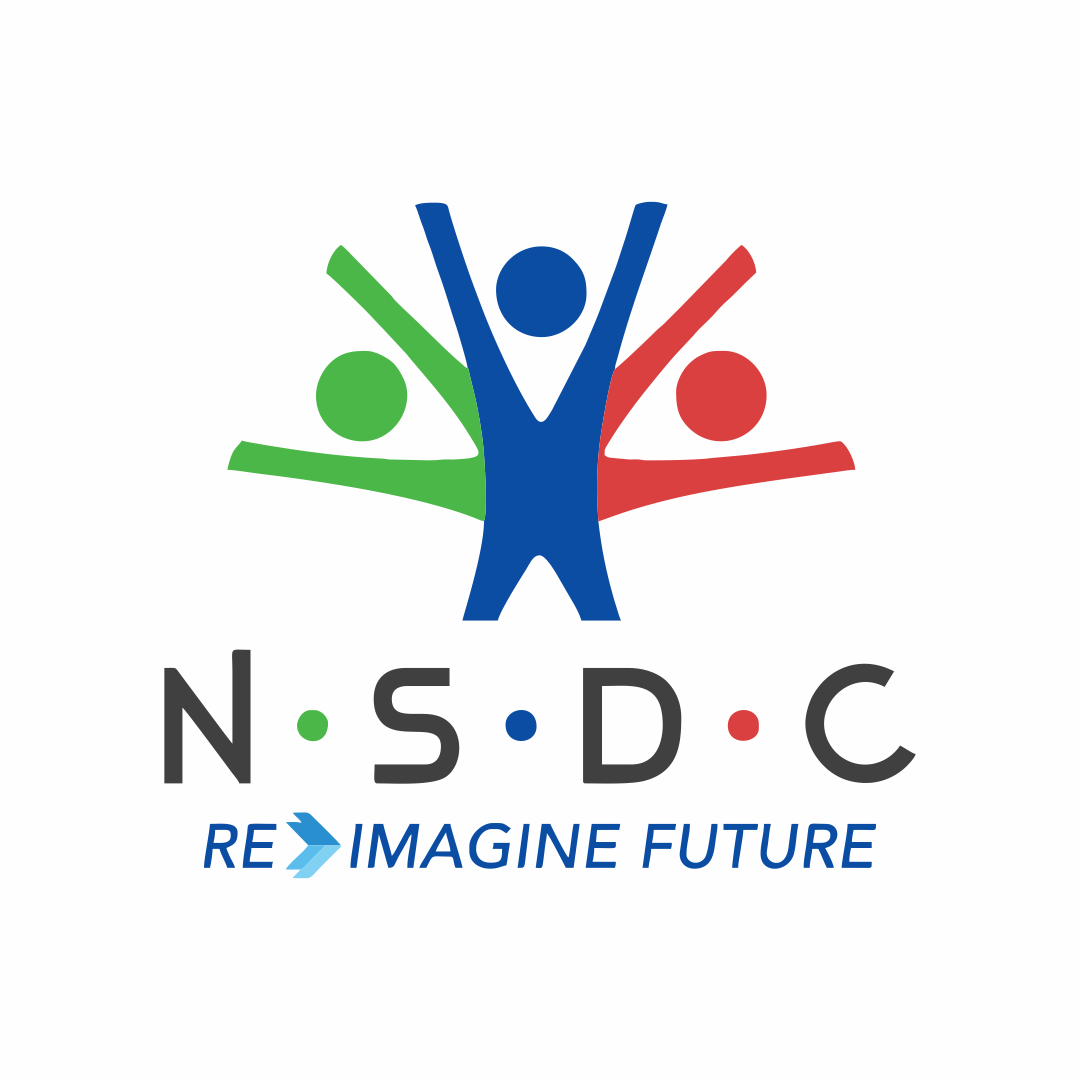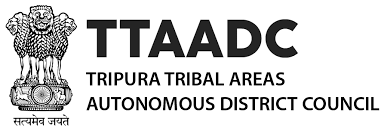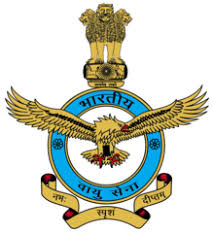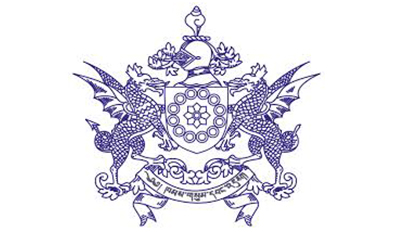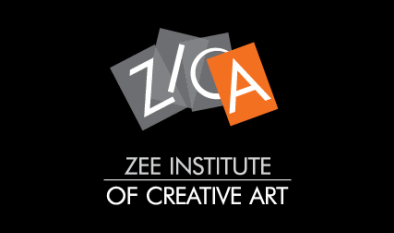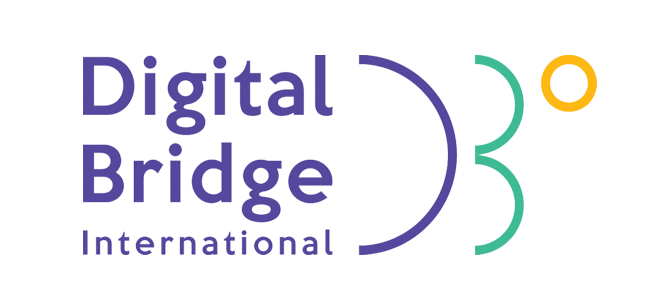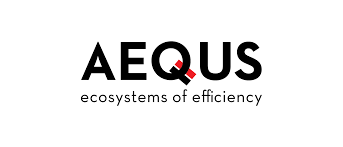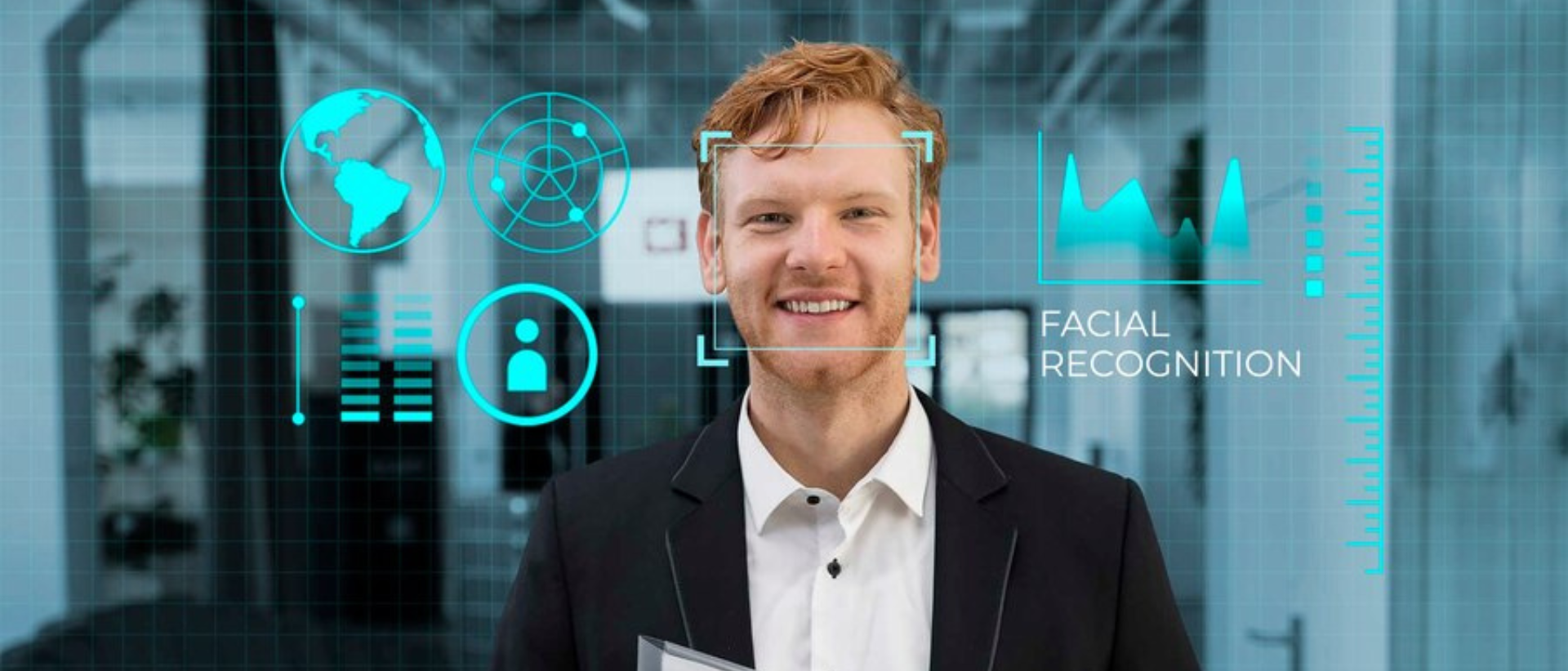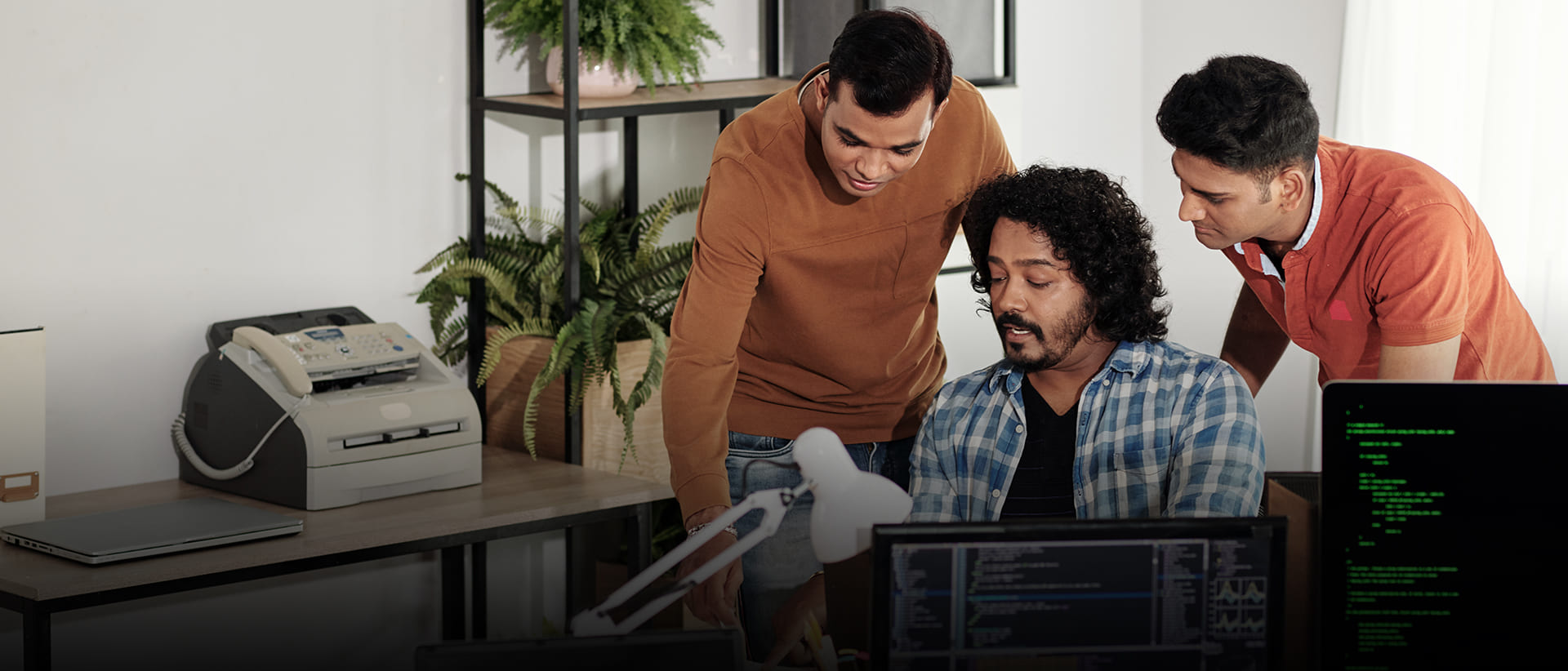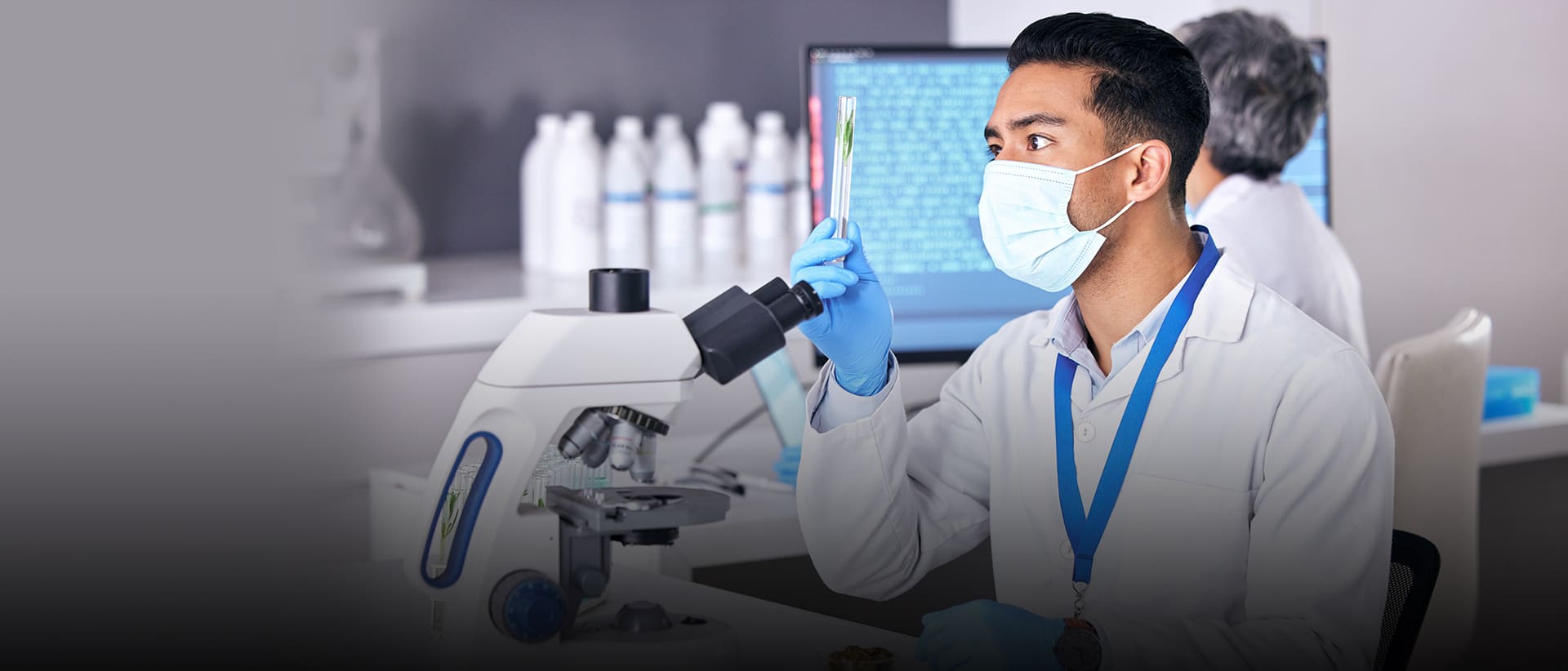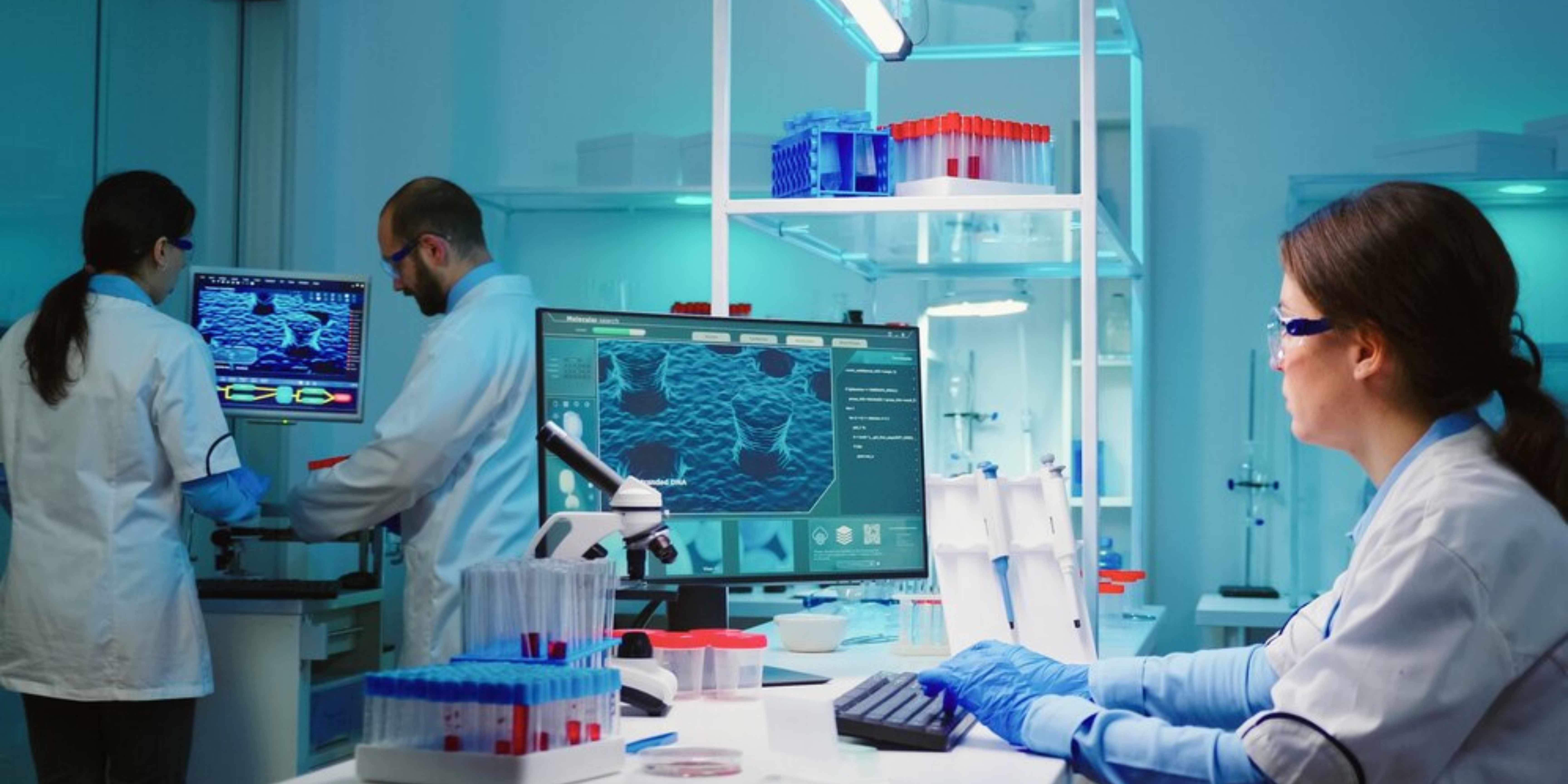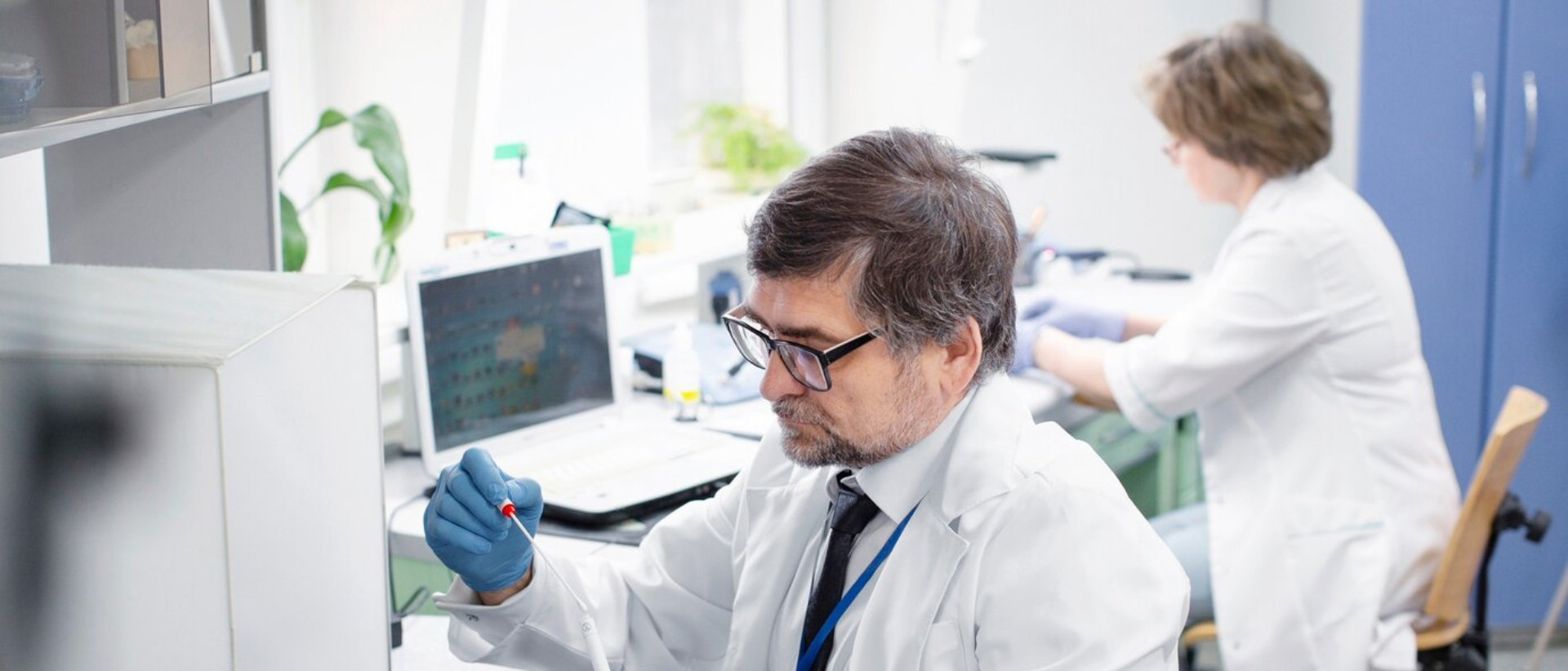Marketing management is pivotal in today's business landscape, serving as the catalyst for organizational growth by effectively identifying consumer needs, developing innovative strategies, and fostering brand loyalty. Marketing professionals play a central role in driving market expansion, optimizing product positioning, and orchestrating integrated communication campaigns that resonate with target audiences. From market research and consumer behaviour analysis to product development and pricing strategies, marketing encompasses a spectrum of functions essential for creating sustainable competitive advantages and maximizing shareholder value. In an era characterized by digital disruption and evolving consumer preferences, strategic marketing management not only drives revenue growth but also enhances brand reputation and market share.
The two-year MBA program in Marketing at Medhavi Skills University (MSU) offers a comprehensive curriculum tailored to the demands of contemporary marketing practices. With specialized courses and hands-on learning experiences, students delve into the core principles of marketing strategy, consumer behaviour, brand management, and digital marketing technologies. The program emphasizes key areas such as market segmentation, product innovation, marketing analytics, and integrated marketing communications, equipping graduates with the skills and knowledge needed to excel in diverse marketing roles across industries. Through internships, industry projects, and experiential learning initiatives, students gain practical insights into implementing strategic marketing initiatives and leveraging emerging trends in the global marketplace. Joining MSU's MBA program in Marketing sets the stage for a transformative journey towards becoming the visionary marketing leaders of tomorrow.
*2 Years
Note: * Duration for Paramedical programmes (MLT/RIT/OTT/DT/EMT/OPTOMETRY) may extend by 3 months to 1 Year (Approx) to include Internship/On the Job Training for the awarding of Degree/Diploma as per the guidelines (if any) from State Allied and Healthcare Council, Sikkim.
Graduation (Any stream) for Working Professionals
INDUSTRY LED LEARNING
For an accelerating professional career in 21st Century along with Core Skills, the learner should evolve through Self-directed Learning.


Case Based Business Simulation
Gain practical experience utilizing case-based industry led business simulations to enhance your skill set.


On Job learning Experience
Gain valuable on-the-job training while still studying, solving real-world problems and finding practical solutions.


Live Project Engagement
Get the chance to collaborate on live projects, gaining valuable hands-on experience.


Engaging with Industry Experts
Engaging with industry experts provides invaluable insights and real-world perspectives, enriching the learning experience and preparing students for professional success.


Industry/ Skill Certifications
Validate expertise and proficiency, enhancing employability and credibility in competitive job markets while signaling commitment to continuous learning and professional development.


World Skill Challenge
Showcase the pinnacle of vocational excellence, fostering global collaboration and innovation to advance technical skills and craftsmanship across diverse industries.
For an accelerating professional career in 21st Century along with Core Skills, the learner should evolve through Self-directed Learning, Self-awareness, Multidisciplinary Problem Solving, Practice of Professional Grade, Digital Comfort, Current Social and Global Dynamics, Employability and Life Skills. MSU offers an opportunity to customise the higher education with range of specialisation/electives.
Foundation Core
Skill Drill (Elective)
Major (Elective)
Minor (Elective)
Industry Practice
Capstone Project
PROGRAMME OUTCOMES
PSO 1 :
Utilize office software and tools proficiently to streamline administrative tasks and enhance productivity.
PSO 2 :
Manage office inventory and supplies to ensure availability and cost-effectiveness.
PSO 3 :
Administer office communication systems, including phone, email, and messaging platforms, to facilitate efficient communication.
PSO 4 :
Develop and refine interpersonal skills to provide exceptional customer service to internal and external stakeholders.
PSO 5 :
Draft professional correspondence and documents to effectively communicate with clients, vendors, and partners.
PSO 1 :
Address complex administrative challenges with innovative and effective solutions to optimize office operations.
PSO 2 :
Analyse organizational trends and administrative processes critically to make informed decisions and improvements.
PSO 3 :
Develop innovative strategies and approaches to enhance office management practices and meet evolving organizational needs.
PSO 4 :
Communicate clearly and concisely with colleagues, clients, and stakeholders to ensure smooth and efficient office operations.
PSO 5 :
Apply analytical thinking to interpret data and trends, enabling informed decision-making and resource allocation.
PSO 6 :
Collaborate effectively with colleagues and teams from diverse backgrounds to achieve common administrative goals and objectives.
PSO 7 :
Demonstrate leadership qualities and adaptability in overseeing administrative functions and guiding office personnel.
PSO 8 :
Stay updated with evolving office technologies and administrative practices to maintain relevance and effectiveness.
PSO 9 :
Utilize digital tools and technologies proficiently to streamline administrative processes and enhance productivity.
PSO 10 :
Understand and respect diverse cultural perspectives and practices within the office environment to foster inclusivity and cooperation.
PSO 11 :
Instil values such as integrity, professionalism, and respect in all aspects of office management and administration.
PSO 12 :
Uphold ethical standards and integrity in all administrative interactions, decisions, and practices.
PSO 13 :
Take responsibility for administrative decisions and actions, ensuring transparency and trust within the office environment.
PSO 14 :
Consider environmental sustainability in office operations and practices, minimizing ecological impact where possible.
PSO 15 :
Engage with the community to promote organizational values and contribute positively to societal well-being through office initiatives.
PSO 16 :
Understand the needs and concerns of colleagues and stakeholders to create a supportive and inclusive office environment that fosters productivity and morale.








